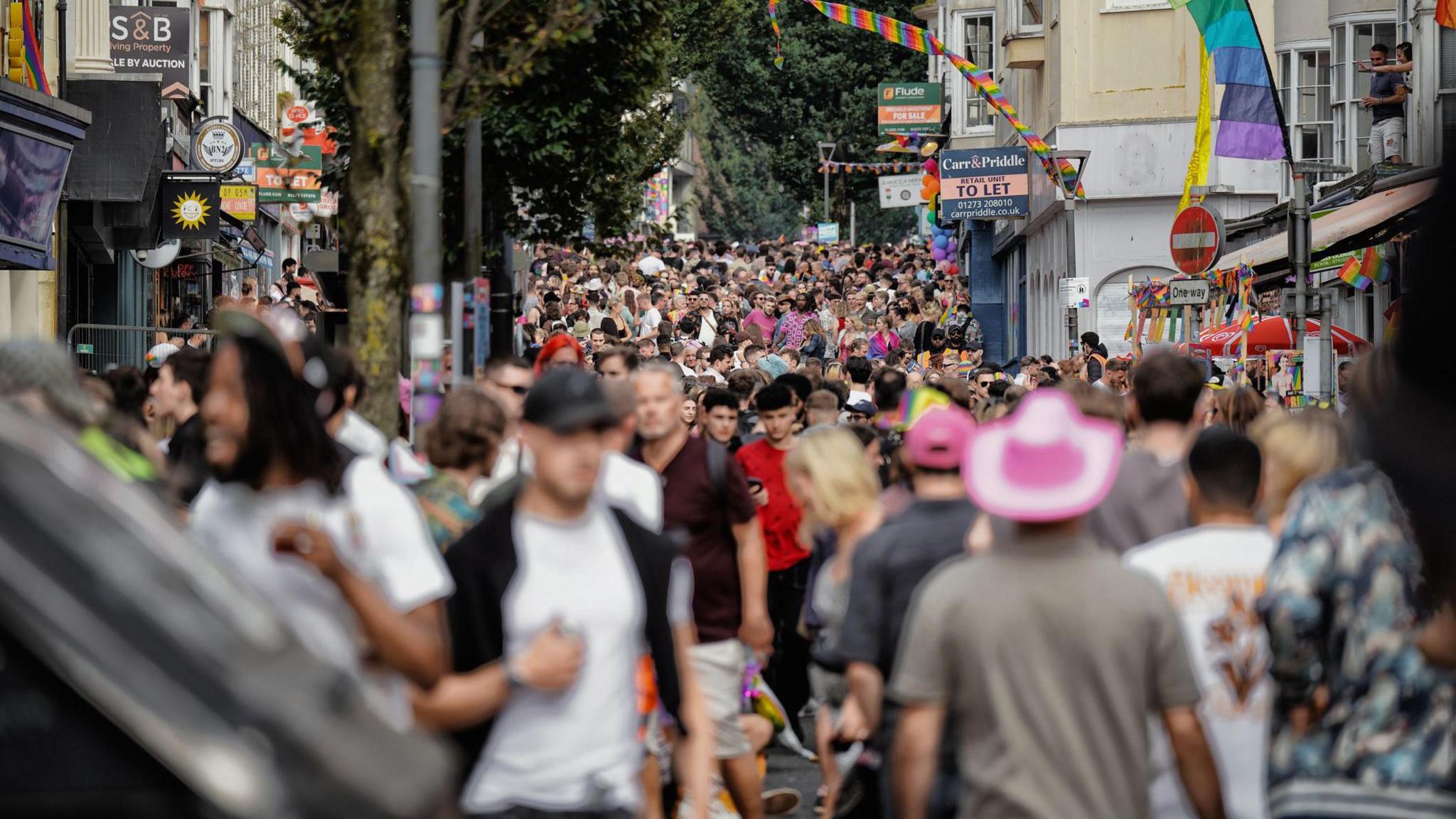Is Pride still meaningful or just big business?
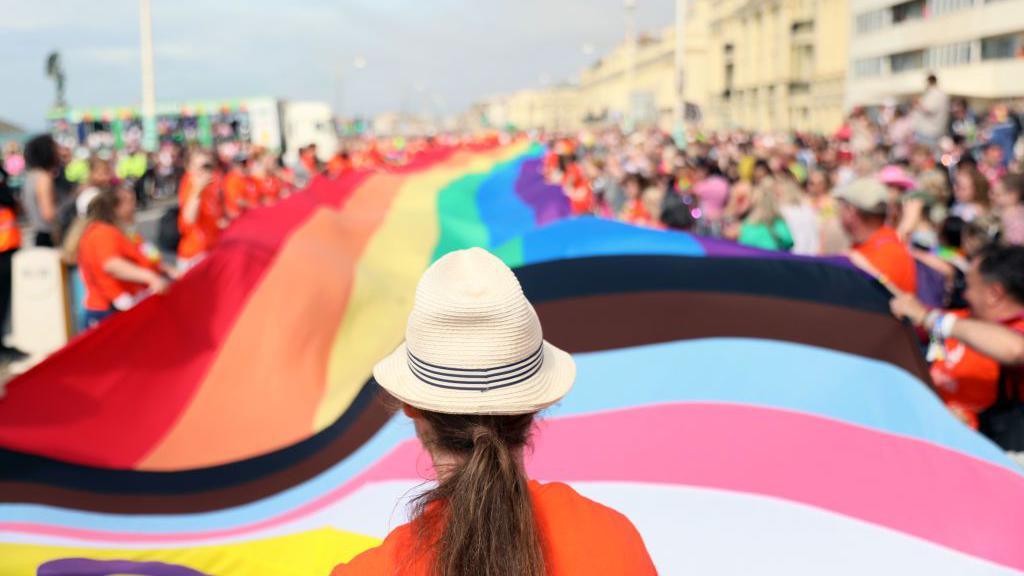
Brighton Pride has become a "money-making exercise", according to local resident Ben Tindal
- Published
Members of the LGBTQ+ community have claimed Brighton Pride has become too commercial, lost its meaning and no longer feels like their space, although others dispute this.
"Pride has been turned into a massive money-making exercise," Ben Tindal said.
The Brighton resident added "expensive" ticketed events excluded working-class or low-income LGBTQ+ people, who needed the "visibility and inclusion" of Pride the most.
Paul Kemp, Brighton Pride managing director, told the BBC there were "practical realities of the cost of putting on a safe, accessible event for tens of thousands of people".
Organisers have done everything they can to ensure the event was inclusive, with discounted tickets available, he added.
Others spoke to the BBC about ticket prices, with final release Saturday tickets for Pride on the Park costing £64.50.
Mr Tindal said Pride should go back to being a "protest" aimed at bringing about change.
"That's when it actually meant something," he continued.
Mr Kemp said Pride would always be about protest - raising awareness, platforming LGBTQ+ voices and campaigning for equality.
This year's theme - Ravishing Rage - was a "direct response to the global pushback on LGBTQ+ rights", he added.
'Corporate pride'
Hermione La Chapelle told the BBC that Pride had lost its "radical spirit in favour of corporate interests" over the years.
She claimed businesses sponsored Pride as a "huge marketing opportunity".
The 26-year-old added companies also used the event for "pink-washing", a practice of pretending to support LGBTQ+ causes to boost their image while also having discriminatory practices or poor human rights records.
"It is a betrayal of the anti-oppression values that should be at the heart of LGBTQ+ liberation," she said.
"Everyone I know is boycotting Pride this year."
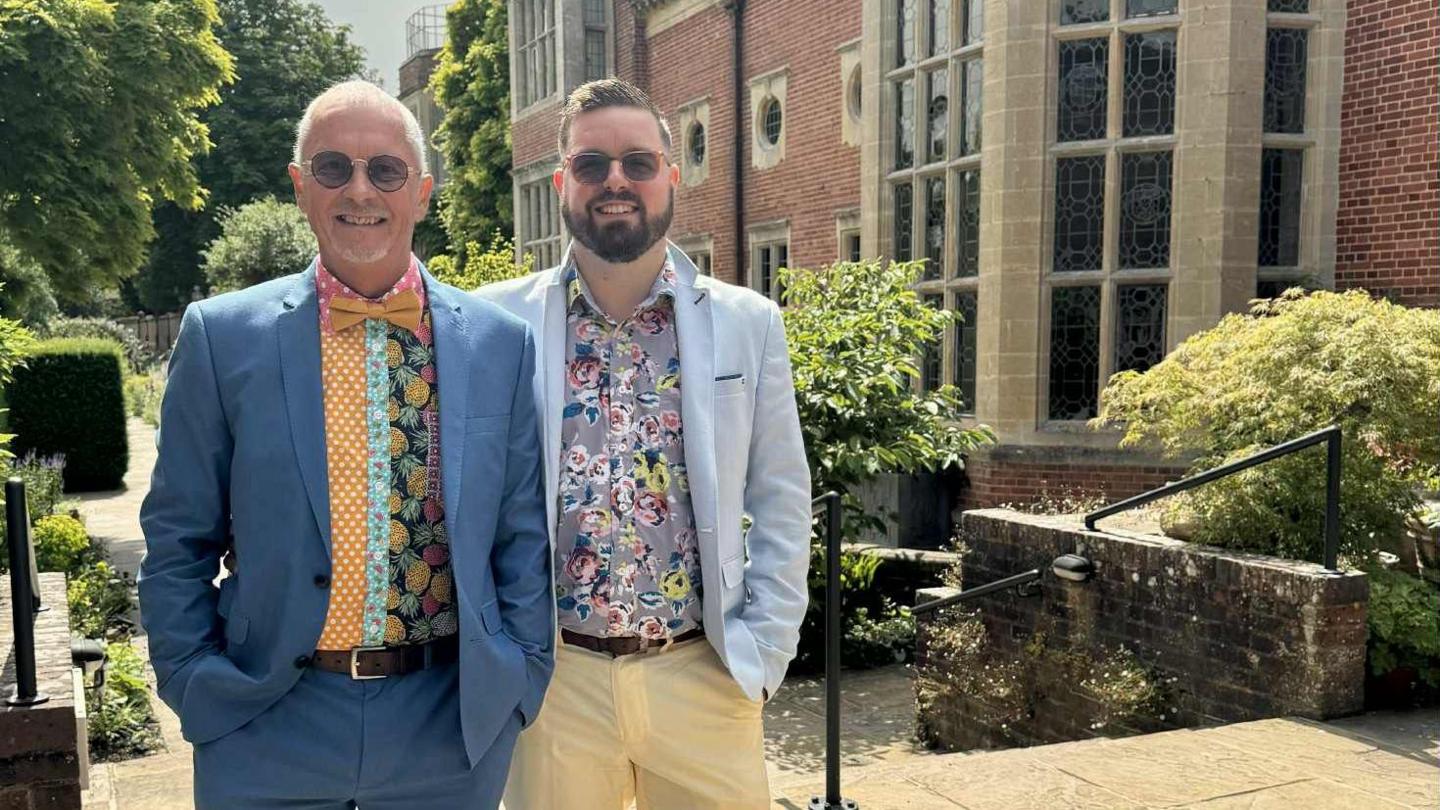
Ben Tindal (right) and his husband Philip Palmer
Brighton Pride organiser Mr Kemp said the event "simply wouldn't be possible without some level of sponsorship" as the costs of delivering events had "skyrocketed" since the pandemic.
He said all partnerships were reviewed annually.
Mr Kemp said the event had also raised more than £1.4m for local LGBTQ+ causes.
Gary Pargeter, who runs Lunch Positive, a community organisation supporting people living with or affected by HIV, told the BBC funding from Pride was "absolutely essential for the survival and growth of our work".
He said the money was all the more crucial against a backdrop of reduced funding for LGBTQ+ groups elsewhere.
Pride also brings a "massive boost, external" to Brighton's economy, according to a report by the city's council.
It generated an estimated £20.5m in revenue in 2018 from visitors to the city, the council's latest figures show.
'Not our space'
However, Pride has increasingly become a music festival, according to Ms La Chapelle.
This change, she said, meant it was attended by big groups of straight people who were there "solely to party without reflecting on the reason why we have Pride".
"It doesn't necessarily feel like a space for the LGBT community anymore," Ms La Chapelle said.
She added that allies supporting their LGBTQ+ friends were welcome.
More than 300,000 attend Brighton Pride, according to organisers.
Mr Pargeter, who grew up in the city, said the "high profile" nature of Pride could give people - especially those still coming to terms with being LGBTQ+ - the comfort and confidence to be who they are.
"It's a real mainstay of celebrating our identity," he added.
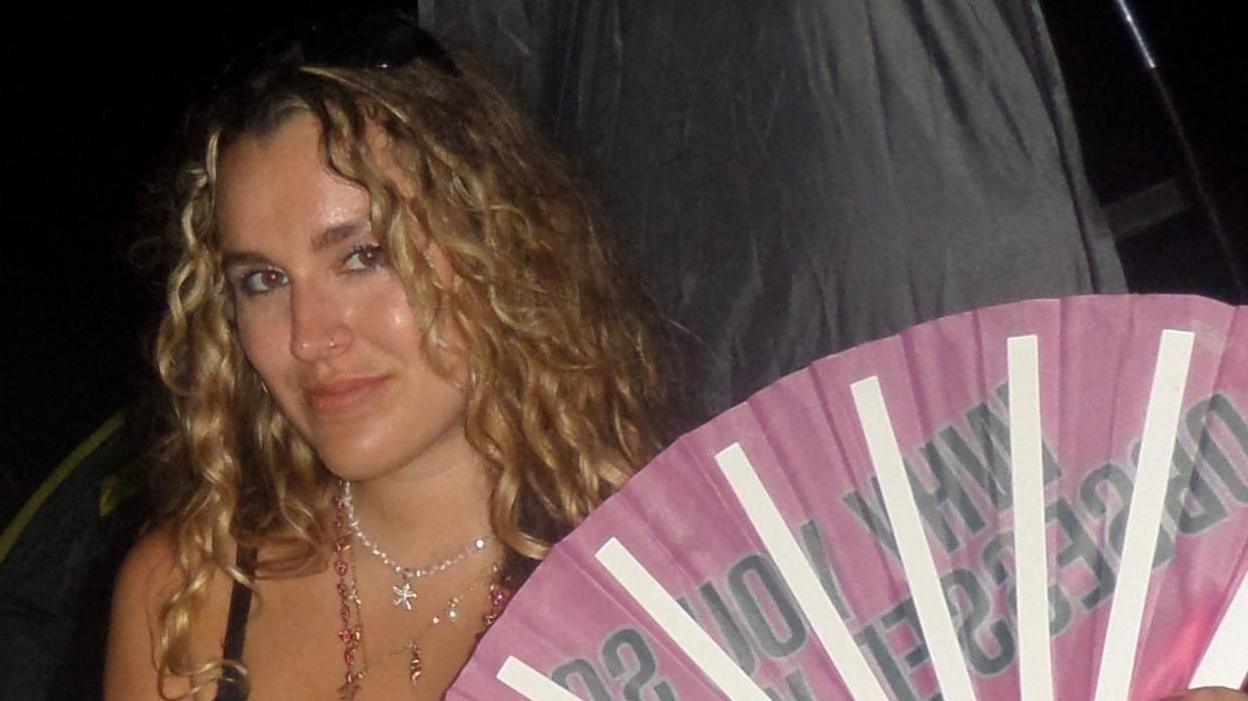
Ms La Chapelle said she wanted Brighton Pride to return to its origins
Though she wished it had concessions for elderly people, 80-year-old Betty Gallacher said Pride should focus on education through workshops and talks.
It would enable younger generations to understand the history of the LGBTQ+ movement and the discrimination people faced, she said.
But she said the most important - and valuable - part of Pride was the free parade, which she was a part of until two years ago.
"It says we are out and proud," she added.
Follow BBC Sussex on Facebook,, external X, external and Instagram., external Send your story ideas to southeasttoday@bbc.co.uk, external or WhatsApp us on 08081 002250.
Related topics
- Published4 August 2024
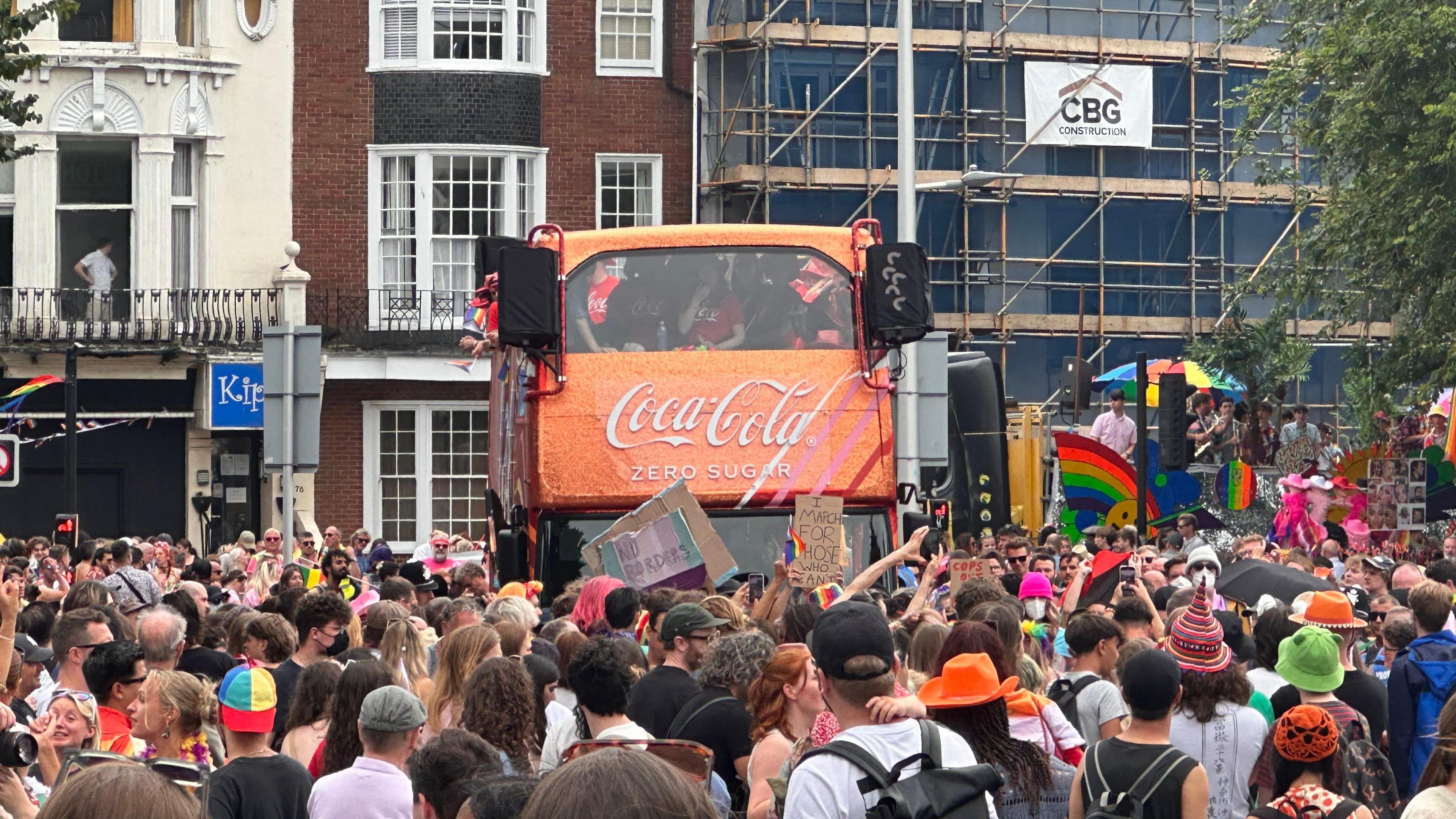
- Published5 August 2024
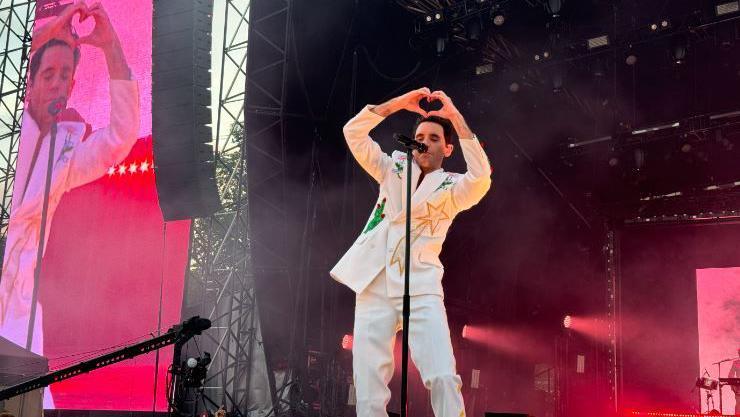
- Published15 April
